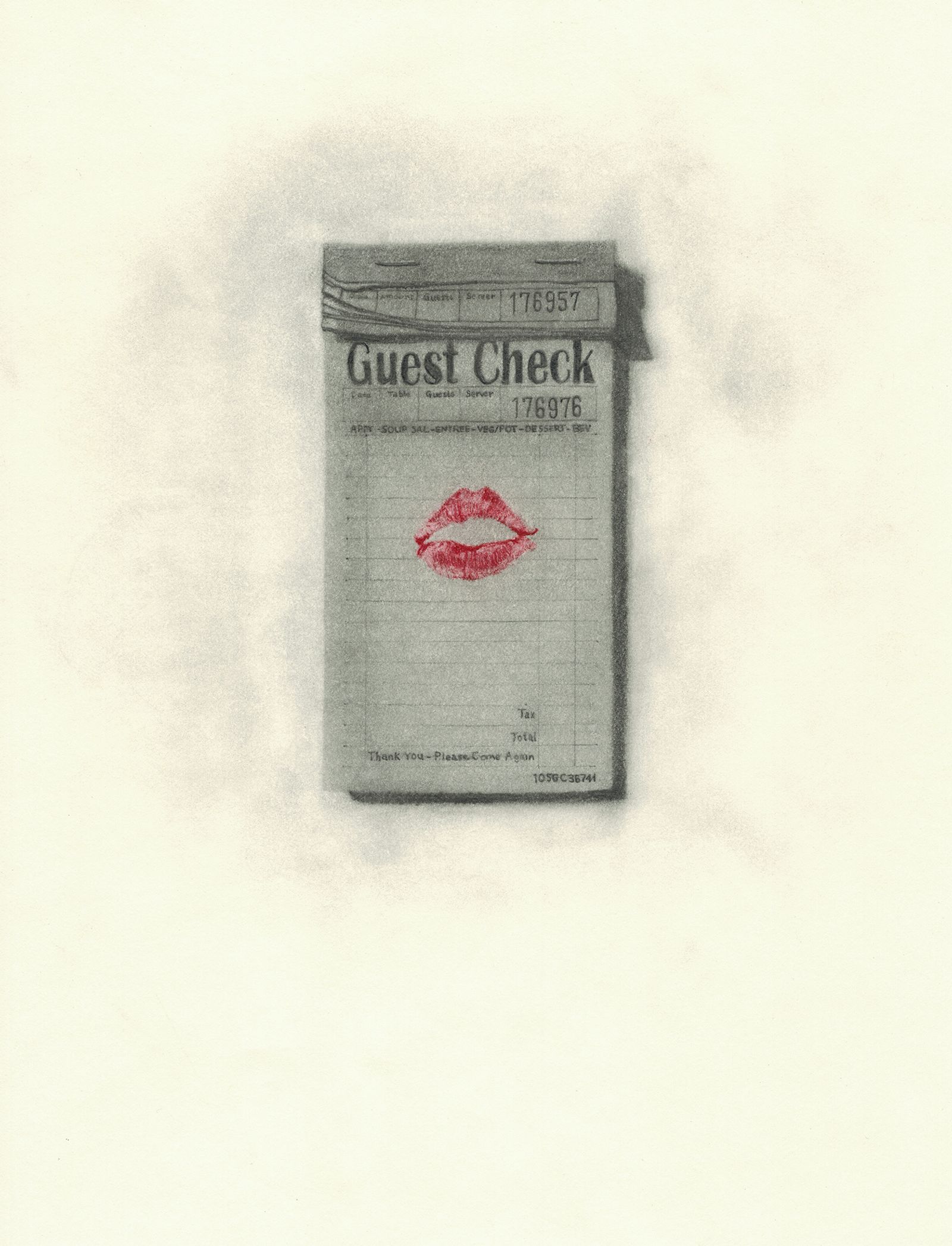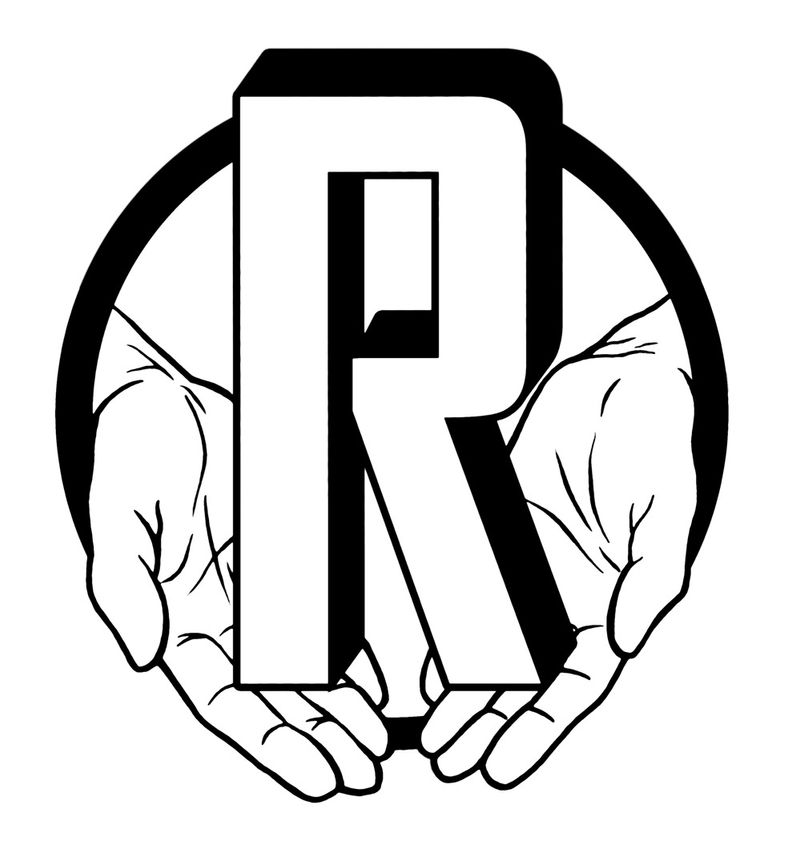
Four Poems

SINCE WAY BACK WHEN
Way back in the last century
in 1992 when I was a mere 50
I slipped in between the clean
sheets of my bed and sighed:
Thank you, thank you. As I
always do, so grateful to not
be sleeping in the back seat
of my ’56 Pontiac on Mount
Rainier in ’64, or in the airport
lounge overnight in Puerto
Rico in 1974, or in the cheap
and rundown open-all-night
movie house on Skid Row in
Spokane in 1964, or in the dry
fountain in Washington Square
in 1959 when the buses would
wake us teenage Beats as they
drove through the arch to turn
around and go back uptown
on a Fifth Avenue that wasn’t
one way yet, or on an upper
concrete floor of a half built
office tower in San Francisco
when I was AWOL in the sum-
mer of ’62, or in a tough trans
woman’s bed in her loft in the
Philly of 1973 or in a cot or
bunk bed in the military in ’62
or 3 or 4, or wrapped in winter
coats and clothes huddled
around a tiny electric heater
with my two kids I was raising
on my own cause their mother
was in a coma that lasted six
years before she died and the
new landlord of the building in
not yet Tribeca the illegal-for-
living-in loft I was renting was
in had quintupled the rent I
refused to pay so was trying
to kick us out and had cut off
our heat to convince me to
leave and me and my kids
ended up on two different
friends foldout couches for
over six months in the Man-
hattan of 1980, or me on
another friend’s floor for
several weeks in the Santa
Monica of ’83, while my kids
stayed with my second wife
until I could get a place for
them and me, or yet another
friend’s floor in Iowa City in
the Fall of ’66, or in a patron’s
Brooklyn Heights apartment in
the Spring of ’66, or on side-
walks and park benches and
lawns, or subway seats back
in the 1950s when the fare was
a dime, or redeye flights and
trains, or passed out drunk or
high in the beds of strangers
in the DC and NYC of the 1970s
or on the floor of a farmhouse
in upstate New York in 1960
owned by the first black farmers
I’d ever met, or in a gray ’49
Chevy owned by a cohort of
black military buddies one of
whom was sleeping in it too
after we failed to find lodgings
that would accept us in the
segregated city of Atlanta in
1962, or in a jail cell or lock-
down barracks or beaches
or so much more to be
grateful for not sleeping in or
on that made me sigh that
Thank you, thank you that
time in 1992 when I was only
50 and the young ambitious
wannabe Hollywood player
who slipped in beside me
said, No wonder you never
became the big success
people predicted you’d be,
it’s cause you’re too easily
satisfied, like with just having
a bed of your own to sleep in.
And play in I may have added.
DC 1972
56
Every day seems to set a precedent for me.
The first rough trade bar I go to, a term I
didn’t even know only months ago, is like
a parody of a tough straight bar, only the
Johns treat the so-called ladies with what I
take as more sincerity. The transsexuals and
transvestites and visiting servicemen from the
bus station next door are far from liberated
in the way gay revolutionaries use that term
but I’m surprised at how comfortable I feel
around them all. I’m with Ted who, in his
pursuit of his black identity, is discovering
more and more married fathers among the
black men he’s seeing on the down low.
57
The first night I go to The Grill with Ed, I
feel like a star just walking through the door
as the entire room turns to look and obviously
likes what they see. I feel like a spy as well,
inside a world few people know. The bar’s
on Wisconsin in the heart of Georgetown, and
I’ve passed it many times thinking nothing of
it, as I’m sure most straight people do. But in-
side are mostly men who this night are singing
along to AMERICAN PIE while waggling their
fingers, creating an atmosphere only a straight
man couldn’t appreciate for its mixture of inno-
cence and hope in the face of such an obviously
hostile world and sometimes desperate life style.
58
I initiate a conversation with a man for the first
time in a gay bar, a broad faced friendly looking
guy with a beautiful smile, part African-American,
part Island-American, part everything, eventually
asking if he wants to go outside to find some quiet.
After walking around a while I get up the nerve to
ask if he’d like to go back to my place. Lee’s up
when we get there. She’s been asking why I never
bring any of my gay male friends home with me
but I still feel guilty. In my bedroom I try to be
quiet, which is a disappointment cause I’ve learned
from male lovers that sex doesn’t have to be serious
or even continuous, but a mixture of sensuality,
talk, laughter, and even shouting and carrying on.
Michael Lally
A former jazz musician, Hollywood actor (as Michael David Lally), and radical organizer, the New Jersey-born Michael Lally is the author of over thirty books of poetry and prose, including Cant Be Wrong (1997 PEN/Oakland Josephine Miles Award for Excellence in Literature), It's Not Nostalgia (1999 American Book Award), Another Way to Play: Poems 1960-2017, and the latest, Say It Again (volume one of an autobiography in sonnets). Among Lally’s other awards are two grants from the National Endowment for the Arts (1974 and 1981, the latter attacked on the floor of Congress for rewarding “pornography” in the first attempt to defund the NEA). Lally lives in upstate New York where he still writes the blog Lally’s Alley.
Patrick David
Patrick David (b. 1987) is a multi-disciplinary artist and filmmaker. His short Line Dogs premiered in 2022 and he is currently working on his first feature-length film, Little Falls. More of his work can be found at https://www.instagram.com/patrick_____david
